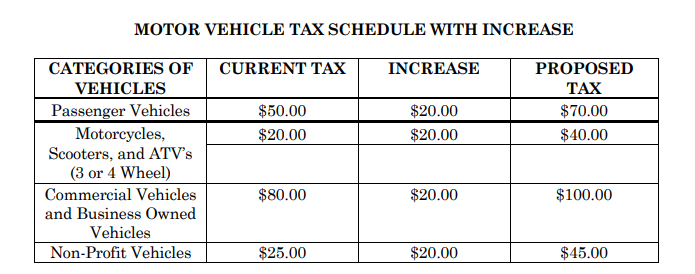Grants totaling $475,000 will allow three community-focused organizations to expand their work in justice reform, landlord accountability, and structural barriers in housing, while also dispelling myths about who these issues affect.
The funding is a result of an initiative of Community Foundation of Greater Memphis (CFGM) to tackle housing reform and inequities, and marks a “radical reimagining” of its grant making process.
The grantees are The Greater Memphis Housing Justice Project ($165,000), Just City ($100,000), and Memphis Interfaith Coalition For Action and Hope (MICAH) ($210,000).
Aerial Ozuzu, director of community impact for CFGM, said the organization went through a rigorous consulting and strategic planning process from January to April of 2023. As a result, the organization’s consultants touched on themes of funding equity, exploring collective impact, and property usage of community data to name a few, Ozuzu said.
“The committee decided early on that they didn’t want to take a Band-Aid approach and offer short-term relief,” Ozuzu said. “While meeting the immediate needs of our community will always be essential, it tends to be a safe and conventional method that only leads to incremental change at best.”
CFGM decided to tackle these issues, which resulted in its Reforming the Housing and Justice Systems grant initiative. The committee reviewed applications in late 2023, and considered solutions that would lead to “a more fair, thriving, and resilient region for all.” Out of 66 applicants, the grantees were narrowed down to the three organizations.
“These are organizations that are uniquely addressing root cause issues of housing injustice,” Ozuzu said. “They are taking an unconventional approach to making change in our community. They are also organizations that hold community trust.”
Ozuzu said since this is a new approach for CFGM, they are on a learning journey with their grantees. However, she added that they are investing in these organizations to do the work they’ve been doing for a majority of their existence.
Gisela Guerrero, lead organizer of MICAH; Josh Spickler, executive director of Just City; Jamie Johnson, Memphis Public Interest Law Center; and Shirley Bondon of the Black Clergy Collaborative of Memphis met to discuss their work and how they plan to tackle their respective issues during the Community Foundation Annual Meeting and Grant Panel in May.
Ozuzu mentioned that while certain systems are important, they can sometimes pose “inequities and problems” due to the way they have operated for years. Part of the work that these agencies are doing to tackle these inequities are by specializing in specific sectors such as court and policy.
Bondon added that the government systems are failing both the city and county and Spickler emphasized the failures of the justice system. Guerrero emphasized MICAH’s focus on tackling justice and equity regarding education, economics, and race and class.
“It feels like there are so many things that are happening,” Guerrero said. “There are so many systems that could be better, that could be improved and are creating so much harm, but we believe is if we can narrow it down, or focus on a few, we can make some better progress that way.
The participants also discussed certain misconceptions about their approach to their work such as the idea that Just City “refuses to acknowledge that some people should be taken out of society,” and that MICAH and The Greater Memphis Housing Project “are against property owners and anti-development … they all just aim to agitate without providing solutions.”
“I have a lot of confidence that years from now, we’re going to find out these were the right decisions,” Spickler said regarding Just City’s work. “We’ve got to be very careful in these days ahead that we don’t undercut some really important rights, and that’s what we’ll be working on over the next few years.”
Bondon said the misconceptions they hear the most is that “renters are all bad” and “landlords are all bad.” While she said this isn’t true, she acknowledged that there is an imbalance of power.
“There is this perception that ‘good enough’ is fine for the poor,” Bondon said. “It’s not … You have to understand the imbalance, and we hope to balance those scales. We want renters and landlords to balance — want equity.”
Ozuzu said the organizations have received their first year’s funding. She added that while this is a new way of doing things, it provides a different way of looking at how to implement change in Memphis.


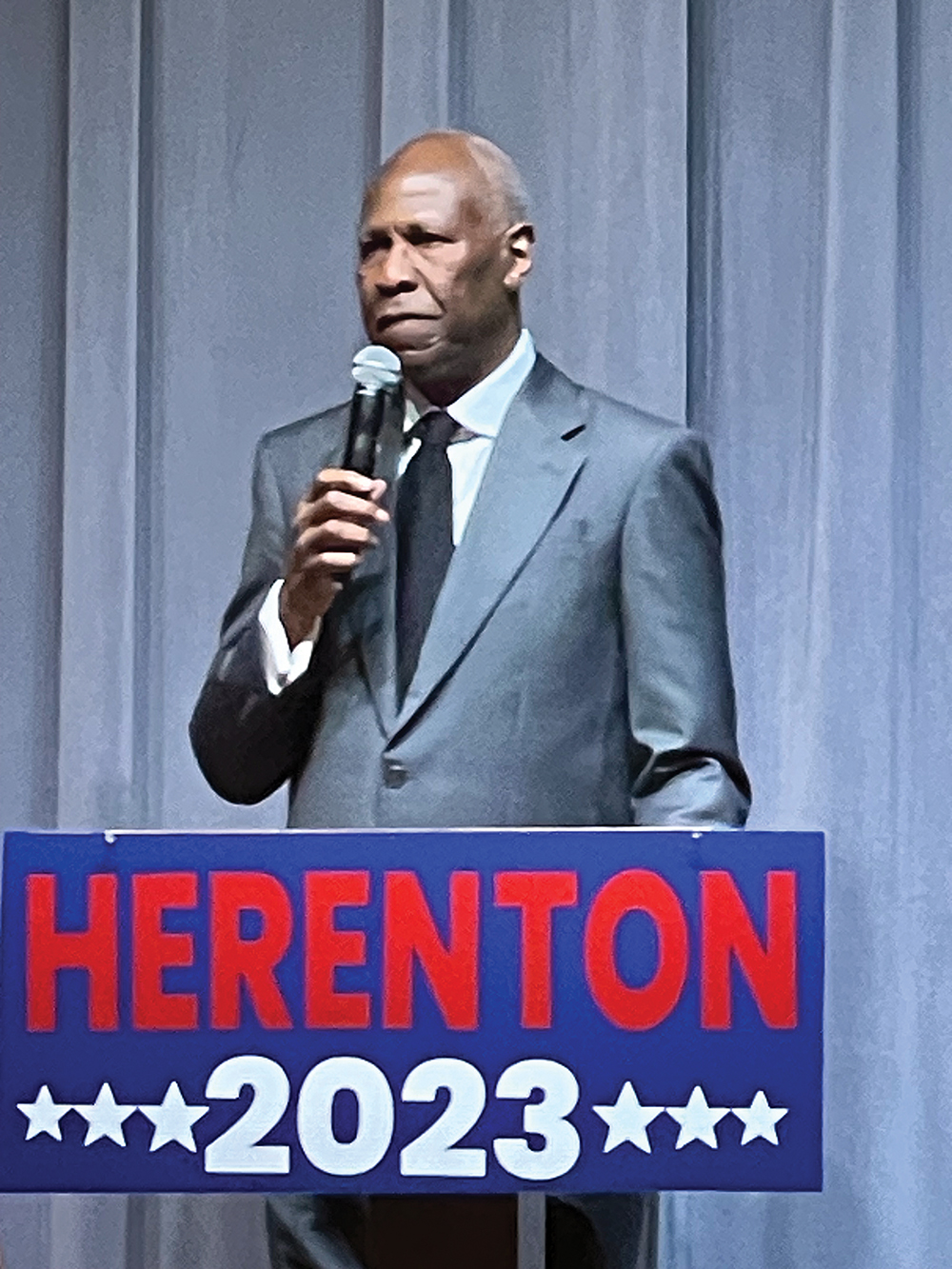
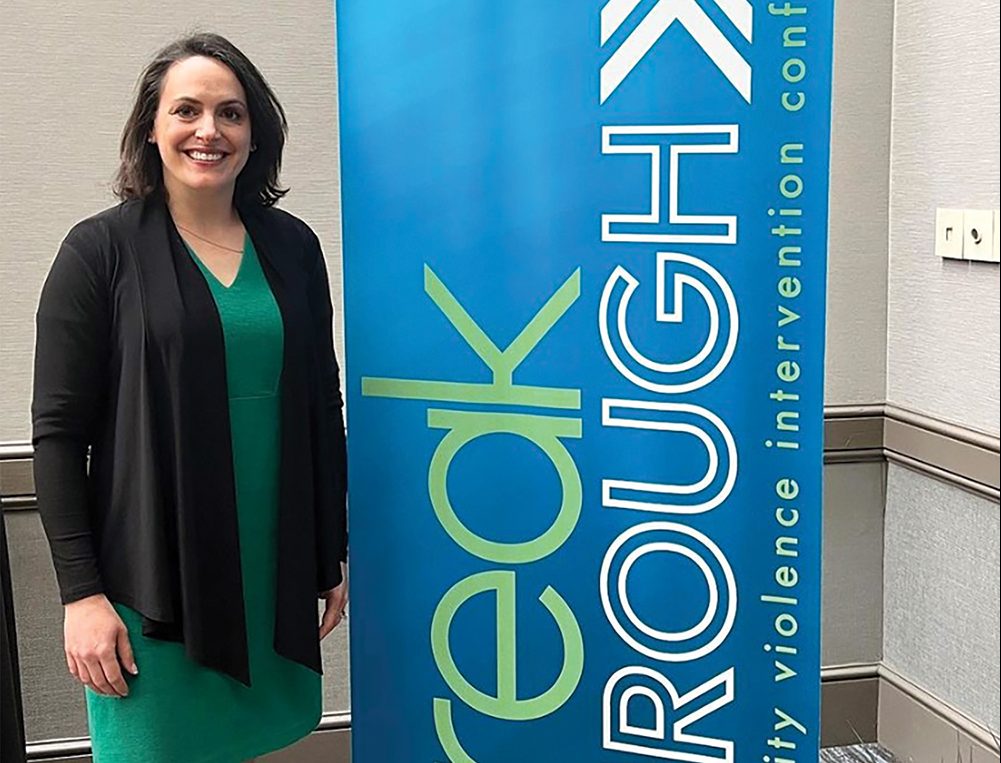

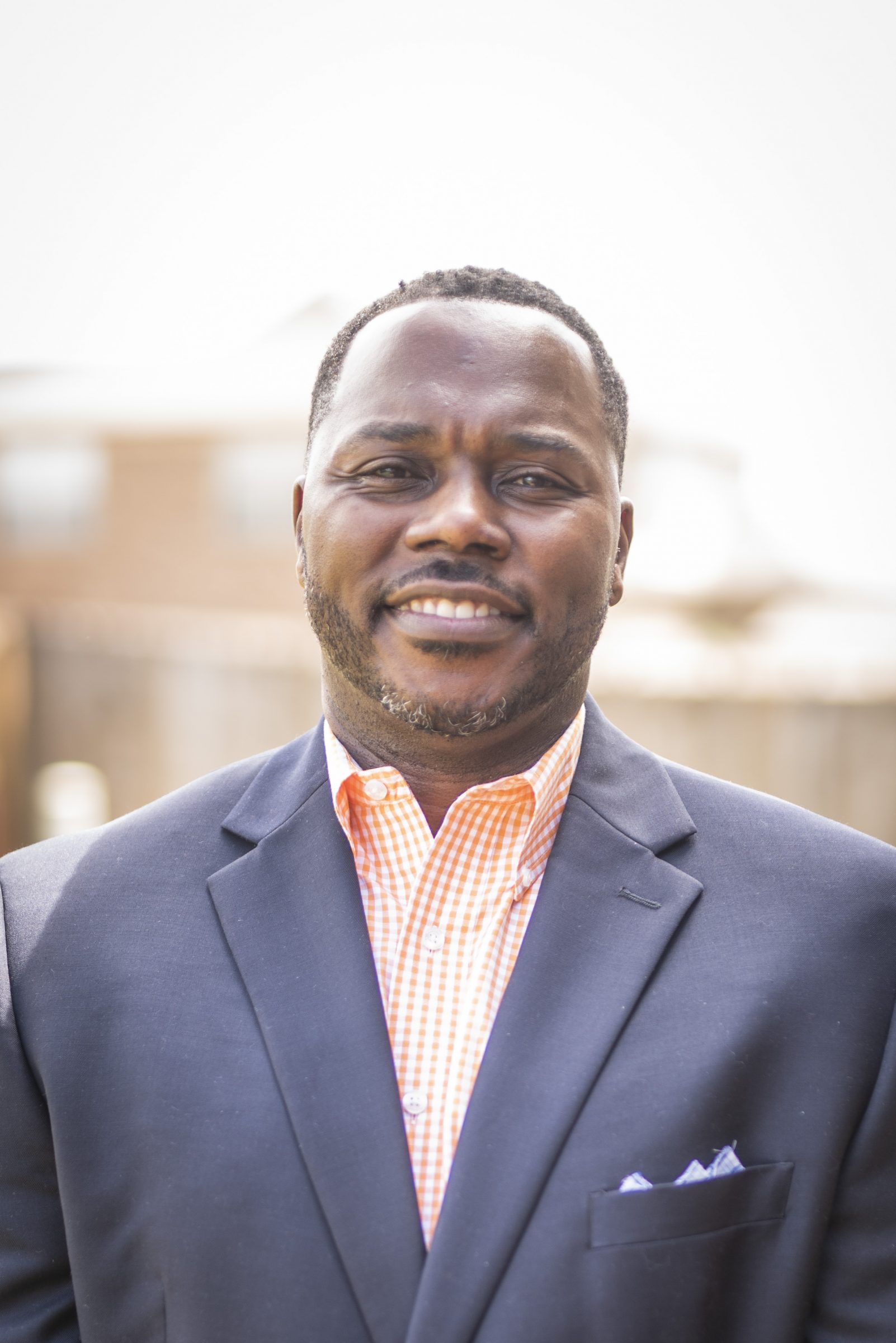
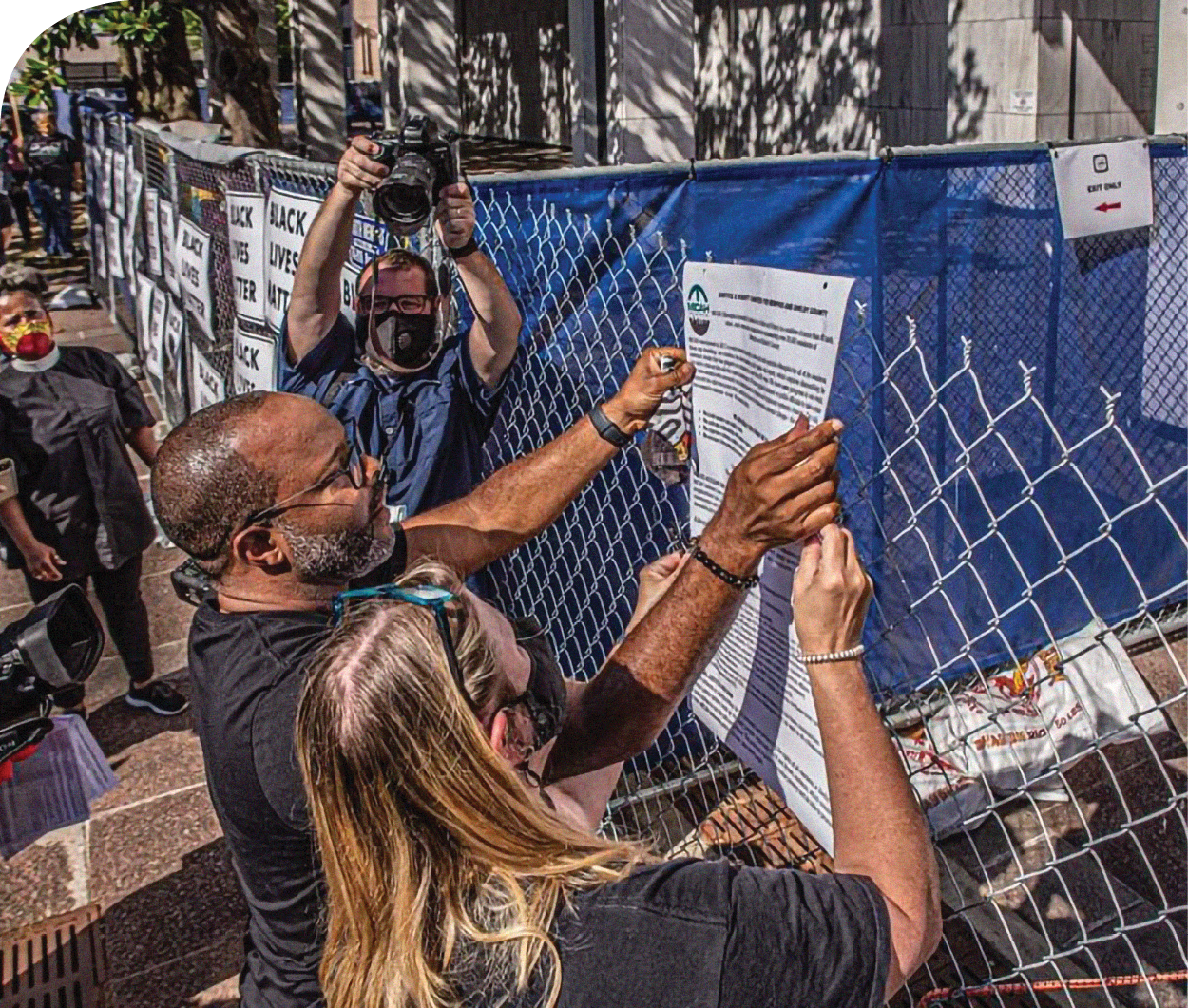 PHOTO BY MELVIN SMITH
PHOTO BY MELVIN SMITH 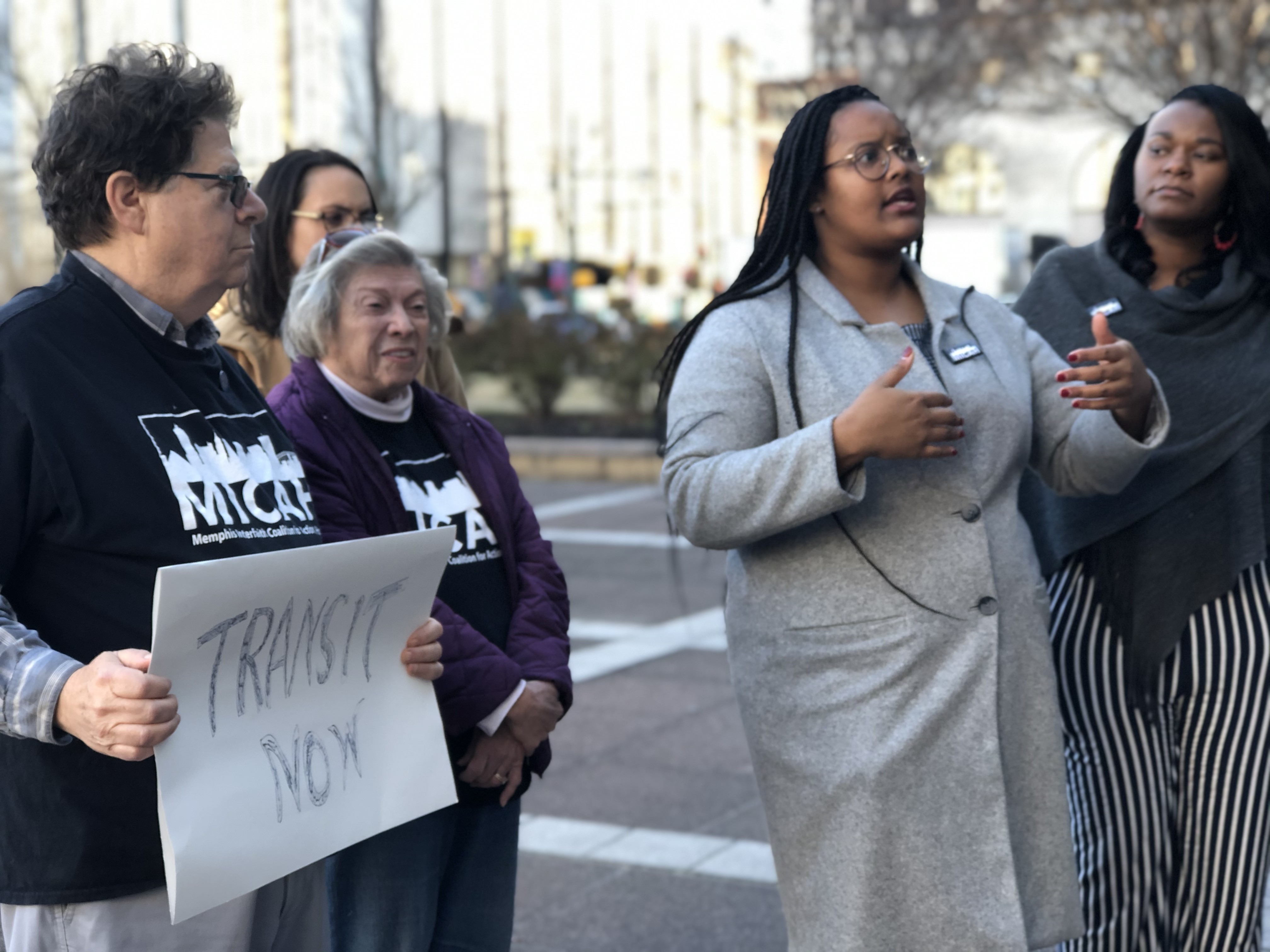 Maya Smith
Maya Smith 